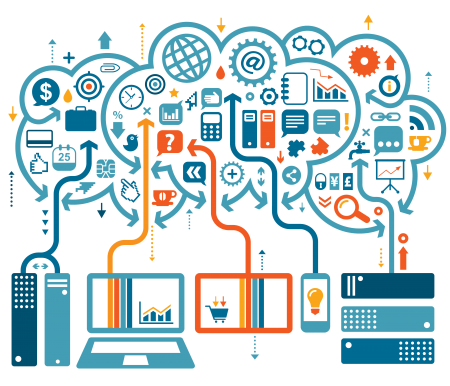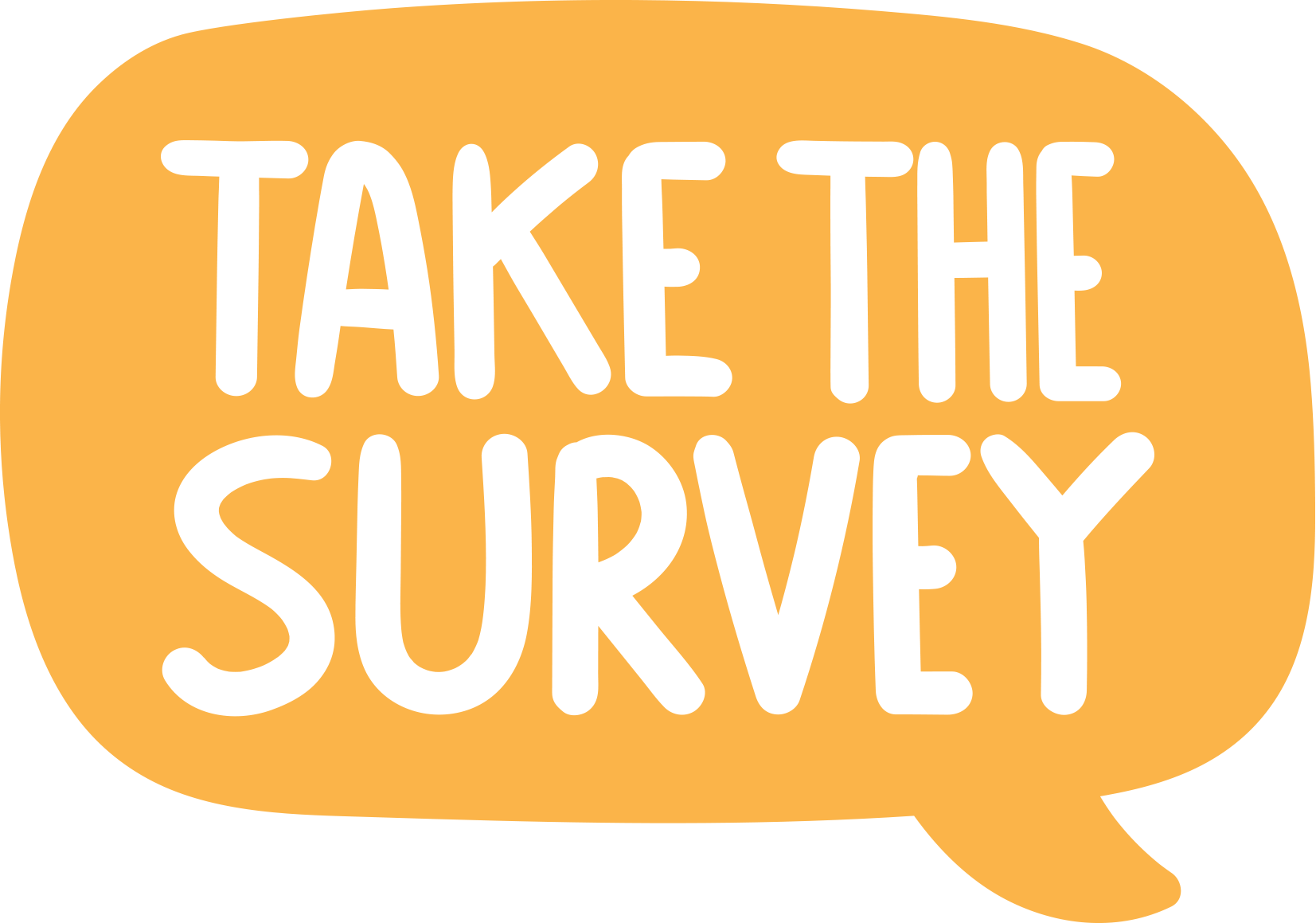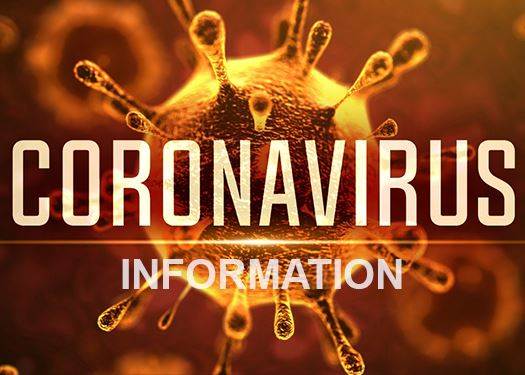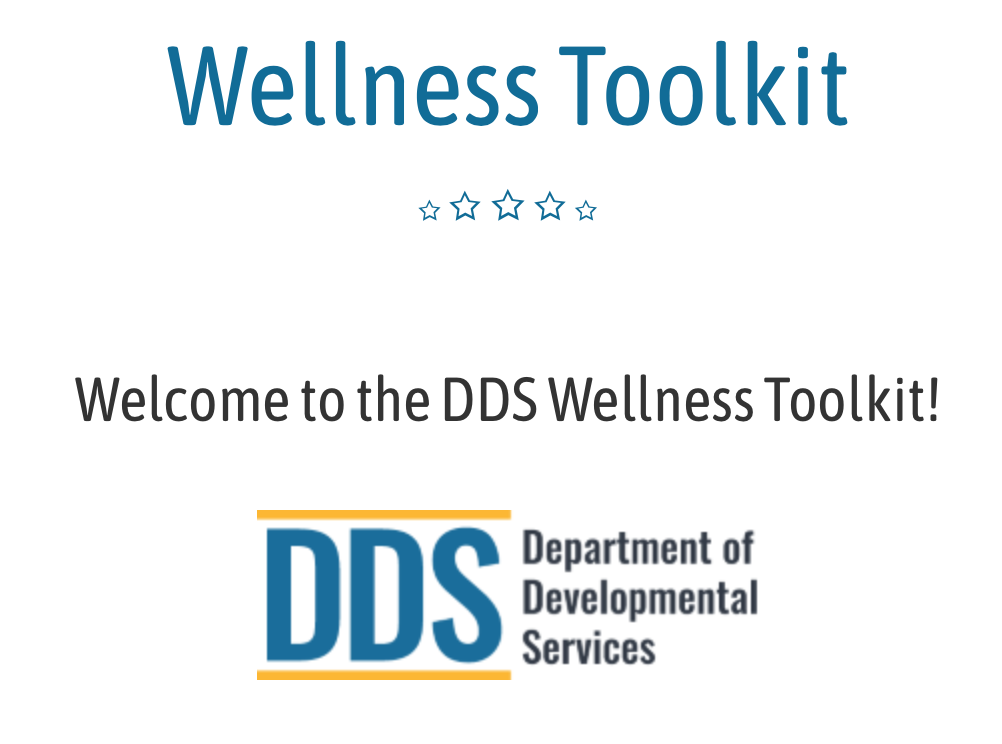The Director’s Viewpoint: No Matter How Far You Have Gone Down a Wrong Road – Turn Back

“A well-beaten path does not always make the right road.” - Proverb
From time to time we may find ourselves making a decision that sends us down the wrong road. That happens not only to individuals, but to governments and organizations as well. But taking the wrong fork is only a problem if one keeps going down the road despite understanding that it’s a mistake. No matter how far you have gone down a wrong road – turn back.
We at Lanterman saw this in the 90s as SB1383 passed at the height of the recession of 1992. We documented our concerns in our 2003 policy paper “Sustaining the Entitlement” (see it on page 9). So, we have been on this road for the better part of 20 years. That same paper publicly recognized our mistakes and put forward recommendations to sustain the entitlement to services. And still we continued on the same road. Now it seems that the increasingly dire fiscal situation of 2011 is finally forcing California to turn back. The State has promised too much to too many – including developmental services – without the revenue base to sustain it all into the future.
Now there are hard, painful choices to be made and priorities to be established.
Do we serve fewer people but continue to give them the full benefits of the past that gave much greater weight to choice and preference and little credence to cost and effectiveness? For example, today an individual needs to have three functional deficits to qualify for regional center services where just a few years ago they only needed two, and in 2009 the eligibility criteria for babies and toddlers for Early Start were narrowed.
Or do we seek innovative and economical ways that deliver results to the greatest number of individuals? If so, how far back do we go and what new road do we take? These are difficult and complex questions, and we don’t claim to have all the answers.
But having a vision of what you want to accomplish will guide and focus your efforts. In our case, the goal is clear.
While we should never lose hope that things will get better, we need to recognize that public resources will remain scarce.
So we must embrace innovation and find our way forward by developing new interventions and ways of working that are effective, economical and sustainable.
Change is inevitable. The sign of a resilient organization is its openness to change and its willingness to take the lead.
Leadership is a core value of our community and we define it as “turning our values into action through service, learning and innovation. We inspire the Center to reach its full potential and lead the way for others.”
That has never been more critical than it is now. Leaders today need vision, tempered by pragmatism. They must also be stewards in the broadest sense of the word, mindful of the needs of the entire community and prepared to weigh short-term gains against long-term sustainability.
I have been saying for a long time that we need to go back to our roots, to the volunteerism, self-reliance, mutual support and genuine connection with our communities that made us a model system for the nation. This has never been more crucial than it is today. Only by going back will we find the road to the future.
Doing more and more with less and less is our new reality. It is time for us to practice self-restraint, to focus on what we truly need and not simply on what we want. With that approach we can spread our scarce resources among the greatest number of people.
The strength of our community has always been its ability to deal courageously with whatever challenges we face, and I am confident that we will do what is necessary to ensure our enduring vision: to provide each person with developmental disabilities the opportunity for the most productive and satisfying life as an included member of the community, backed by individualized and community-based services and supports.







